.
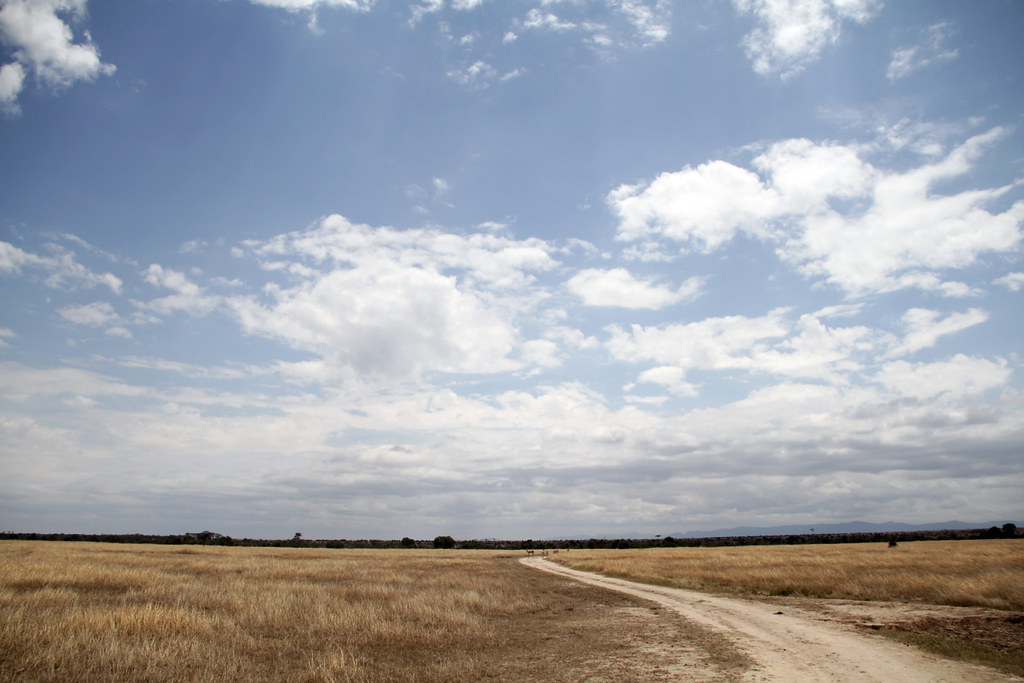
Ol Pejeta Conservancy, Kenya: photo by Valentina Storti, 11 August 2010
Though the book is known in English as The Leopard, the original title of Giuseppe Tomasi di Lampedusa's novel Il Gattopardo in fact refers to a serval (Leptailurus serval). A savanna cat rarely
seen north of the Sahara, the serval has a few remaining North
African ranges, one of these bordering on Lampedusa in Sicily, where the
great historical novel is set. This animal figures in the coat of arms
of the Tomasi family.
Noi fummo i Gattopardi, i Leoni; quelli che ci sostituiranno
saranno gli sciacalletti, le iene; e tutti quanti Gattopardi, sciacalli e
pecore, continueremo a crederci il sale della terra.
We were the Leopards, the Lions; those who'll take our place will be
little jackals, hyenas; and the whole lot of us, Leopards, jackals, and
sheep, we'll all go on thinking ourselves the salt of the earth.
__
Don Fabrizio had always known that sensation. For a dozen years or so he had been feeling as if the vital fluid, the faculty of existing, life itself in fact and perhaps even the will to go on living, were ebbing out of him slowly but steadily, as grains of sand cluster and then line up one by one, unhurried, unceasing, before the narrow neck of an hourglass. In some moments of intense activity or concentration this sense of continual loss would vanish, to reappear impassively in brief instants of silence or introspection; just as a constant buzzing in the ears or the ticking of a pendulum superimposes itself when all else is silent, assuring us of always being there, watchful, even when we do not hear it.
-- Giuseppe Tomasi di Lampedusa: Il Gattopardo (The Leopard), 1958
Night about to fall, shadows
stretching across
the hunting ground
of the serval.
In the long grass, the ears
as radar; the watching,
the listening
................and then
the swift burst
through the grass;
the pause;
the quiet springing.
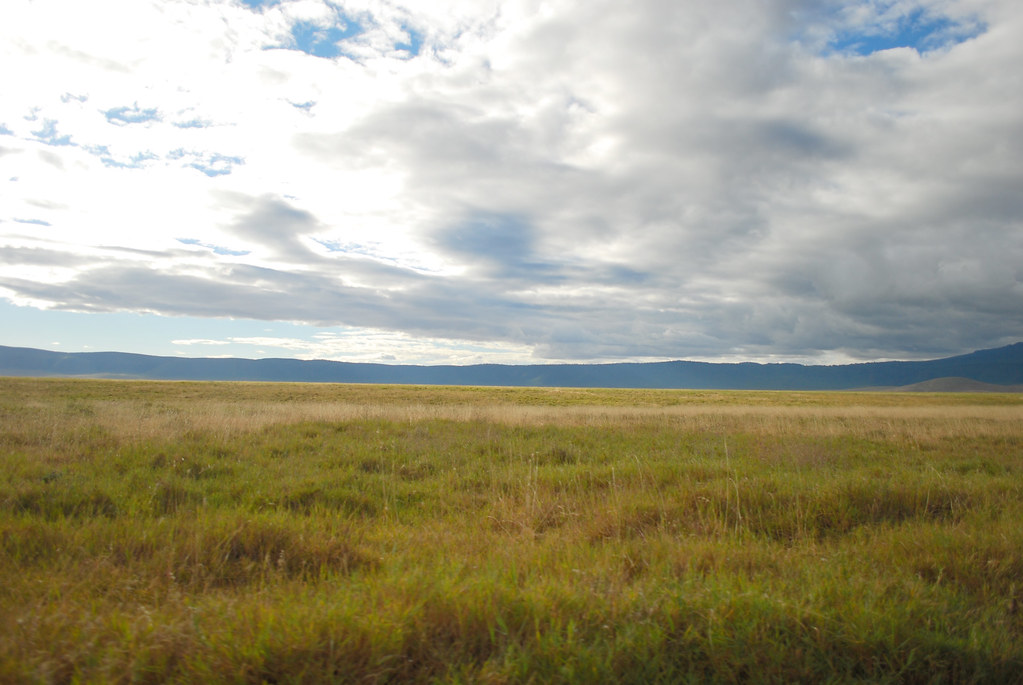
The Crater Floor, Ngorongoro Crater, Arusha, Tanzania: photo by Brandon Daniel, 17 June 2009
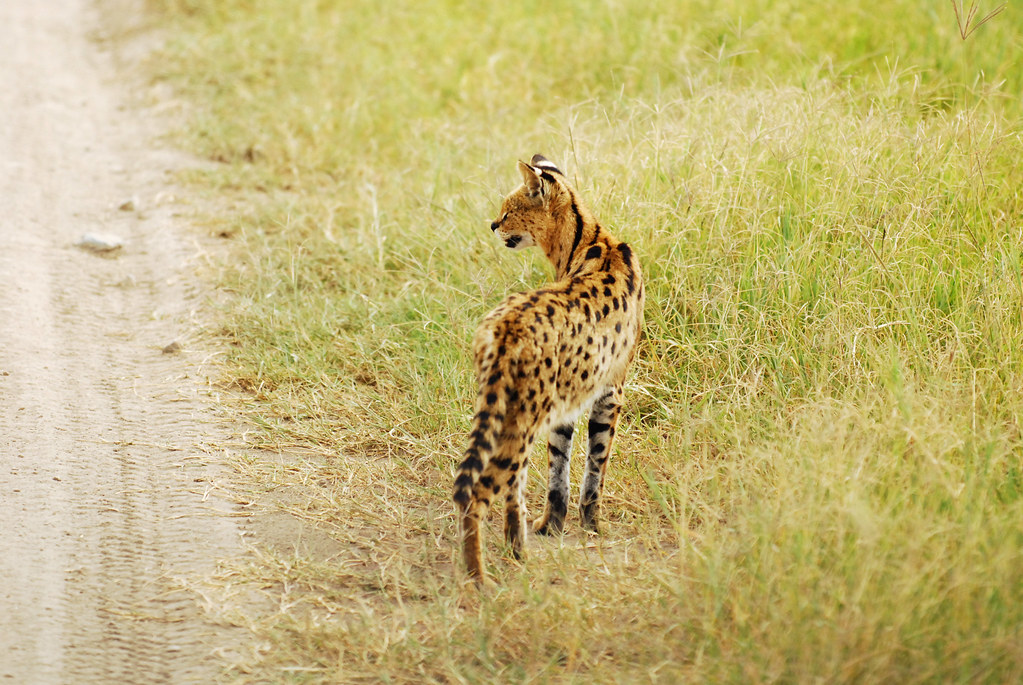
Serval (Leptailurus serval), Ngorongoro Crater, Arusha, Tanzania: photo by Brandon Daniel, 17 June 2009
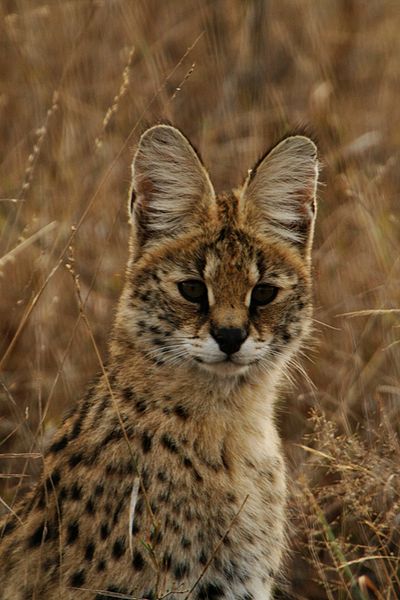
Serval (Leptailurus serval) in Sabi Sands, South Africa. Note the large ears adapted for hearing small prey: photo by Lee R. Berger, 26 July 2007
Serval (Leptailurus serval), Sabi Sands, South Africa. Seen from behind. Note the white markings on the ears (ocelli) used to signal kittens while hunting: photo by Lee R. Berger, 26 July 2007
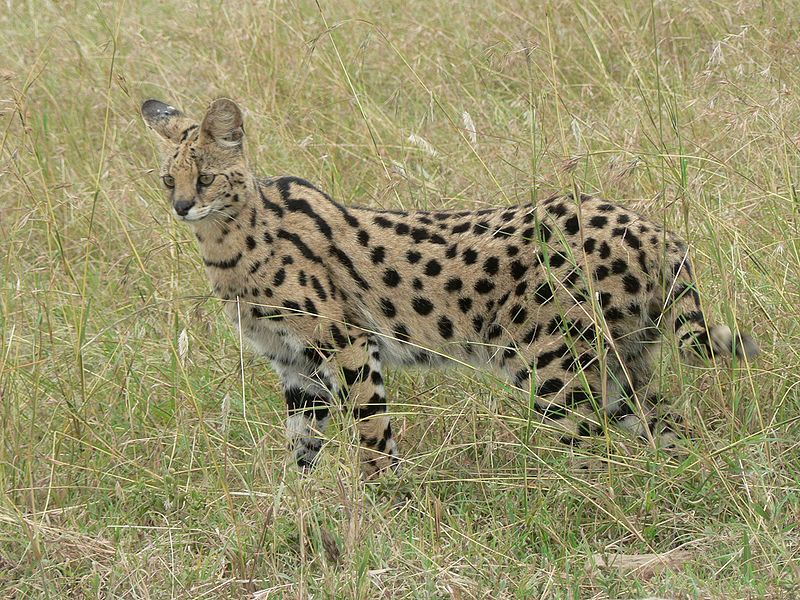
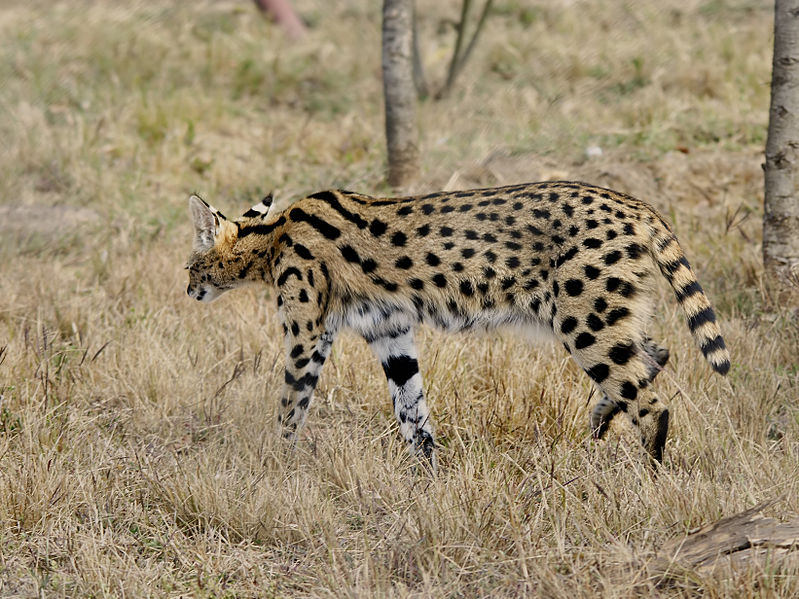


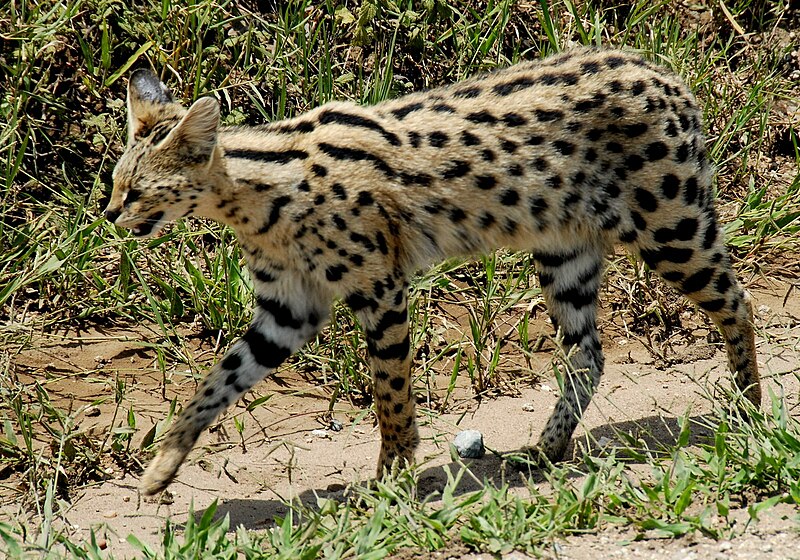
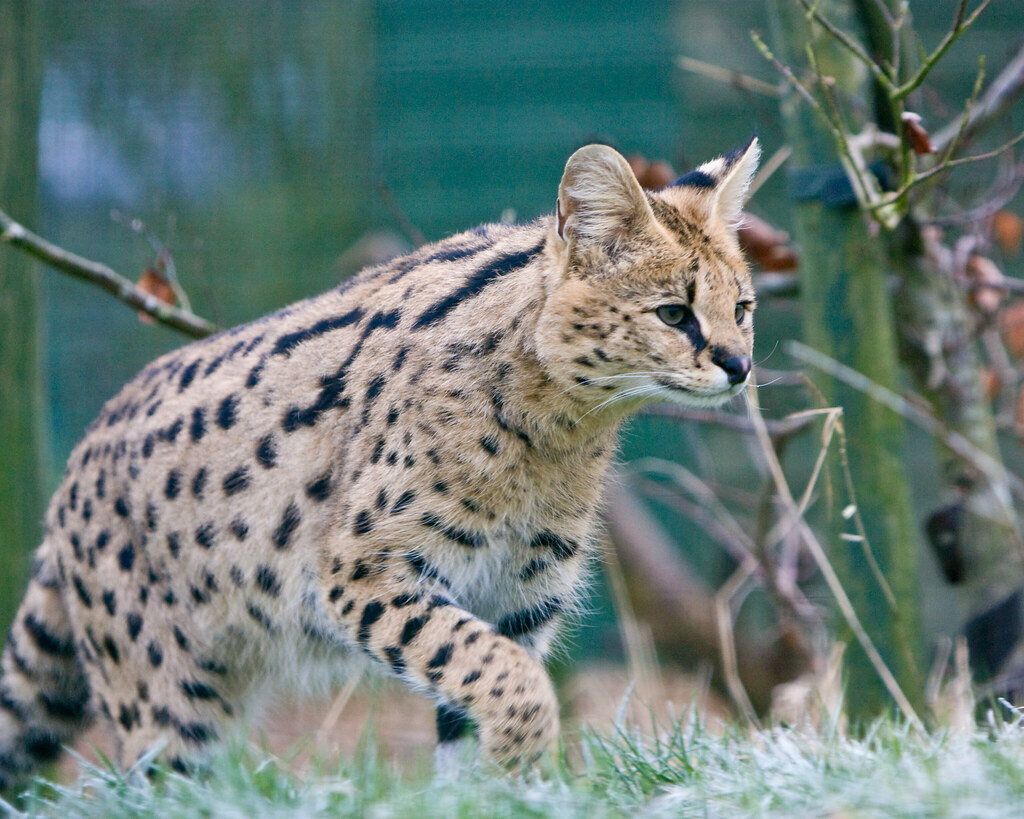

The markings of the Savanna Cat,
ReplyDeleteLeptailurus serval, are not dull
and furthermore
serve
as necessary guides
to a planet whose map
had been roughly misplaced--
it is the hipster planet
however dim
and seemingly far away
that we get to visit
our day passes at the ready
night another matter
entirely.
Tom,
ReplyDeleteWhat big ears you have, O Great Serval
"always being there, watchful, even when we do not hear it"
"the ears as radar; the watching, the listening"
7.28
grey whiteness of fog against invisible
ridge, bird slanting toward pine branch
in foreground, sound of wave in channel
space that has mostly to do
with this example, is
by addition, as a glance at
will show, has proved
grey white of fog reflected in channel,
pelican flapping across toward horizon
One creature is springing in the quiet while another hears "the ticking of the pendulum".
ReplyDeleteThe two texts together make for a lovely and precarious balance.
The servals are real lookers!
And listeners.
ReplyDeleteThey are not "big cats", technically. Body size not much larger than a house cat. But those ears, an especially useful adaptation. And the longest legs, proportionate to body size, of any cat. This creature can go from zero to fifty in a blink, and has a stationary vertical leap of twelve feet. As is said around hoops, those are some hops.
In the Lampedusa text, the thing waiting "to reappear impassively in brief moments of silence or introspection" might indeed be the Last Thing.
For a rodent in the long-grass savanna, the silently watching, listening, waiting Serval might signify that, as well.
I'm so glad and grateful for this. As with the binturong, we used to visit the Serval at Outrage-hiss pets in Chestnut Ridge, NY. Ever since I became a cat owner, I had been aware of her from books, but seeing a Serval up close is absolutely remarkable. My mother had a copy of The Leopard, which now sits on my shelf. I've also known about it (the novel and the Burt Lancaster|Visconti movie) forever and I think I'll finally read it now, if I can put some space between me and some other things. Curtis
ReplyDeleteCurtis,
ReplyDeleteYour interested experience of divers species is enviable (and wondrous).
The Leopard -- both the book and the movie, top notch.